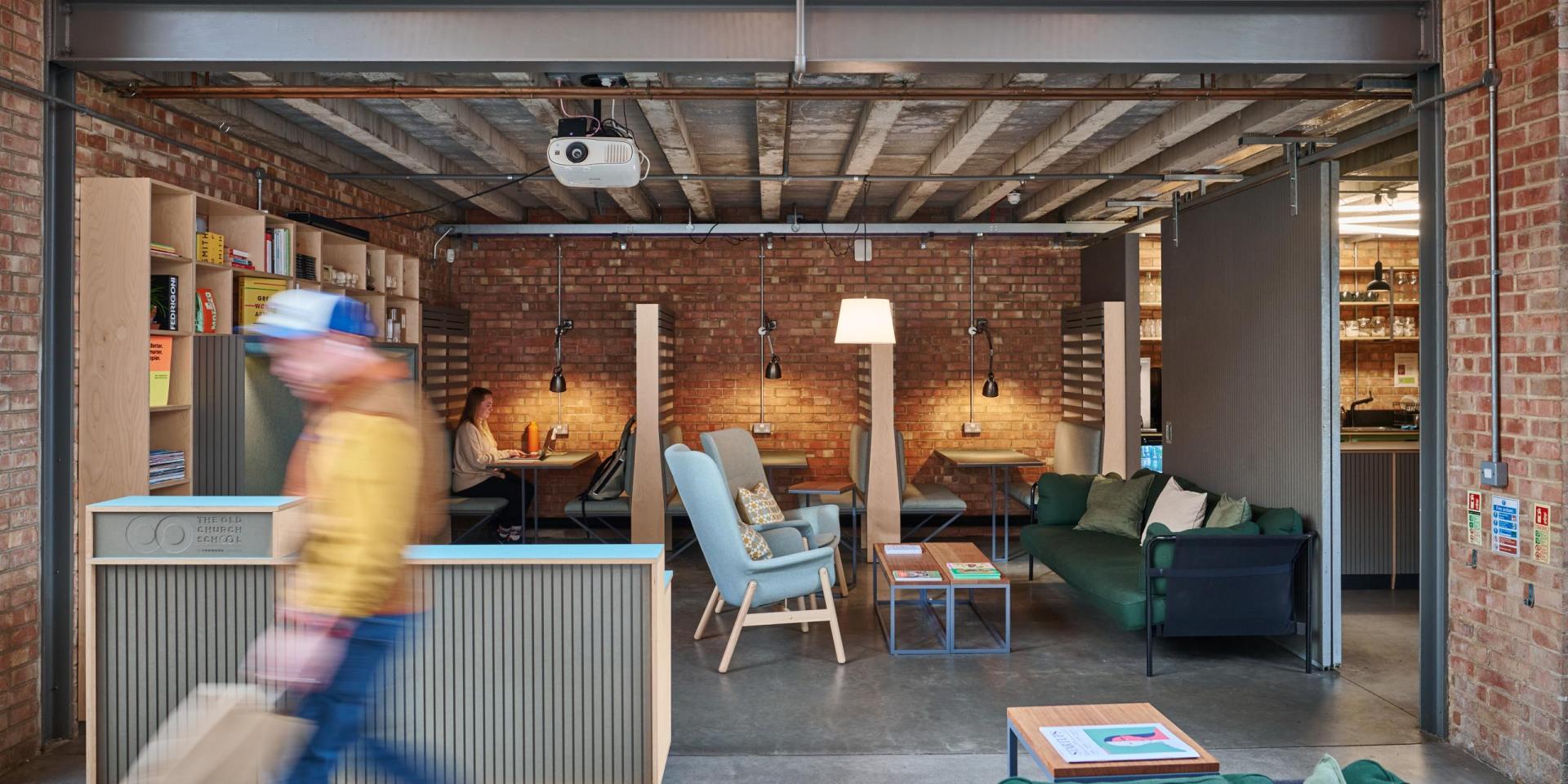by Forward founder & CEO, Gavin Eddy
What are business rates?
Business Rates, or to give them their official title, Non Domestic Rates (NDR), are a property based tax payable on business premises. They are paid by the occupier of the premises (often not the same person as the owner), during their period of occupation.
How are rates calculated?
The amount you pay is based on the Rateable Value of the premises. This is, in theory, the same as the market rent for the space, but is often quite different. The Valuations Office (VOA) which is part of HMRC, set the rateable value for the premises. To find out the rateable value for a business premises go to https://www.gov.uk/find-business-rates and enter the address. Rateable Values are periodically updated by the VOA and occupiers are sometimes sent a letter asking them to complete an online form with questions about the premises, the rent they pay and what services are included.
If you think the Rateable Value for your premises is wrong, you can ask for it to be reviewed using a process called Check and Challenge on the VOA website. Beware, the review process can take a VERY long time. Don’t be surprised if it’s several months before you get a response from the VOA and in the meantime you are required to keep paying NDR.
Who is liable to pay business rates?
In theory, anyone occupying business premises is liable to pay business rates. But there are a number of reliefs and exemptions. The one that is relevant to most of our members is Small Business Rates Relief (SBRR). This relief provides full exemption from paying business rates if the rateable value of the premises is under £12,000 and they are your only business premises. If the rateable value is between £12-15,000 the premises are partially exempt and you will receive partial relief. All of our private studio offices are below the £12,000 threshold, so are potentially fully exempt under SBRR. If you occupy more than one business premises you may still be able to get SBRR if the total sum of the rateable value of your premises is under £20,000 (or £28,000 if one of the premises is in London). Only private studio offices have a business rates liability. Members in coworking aren’t liable to pay business rates separately as they are included in your coworking tariff.
How much will I actually pay?
The amount you actually pay in business rates isn’t the same as the rateable value. The payable amount is calculated as a % of the rateable value. The % is set each year by the government for the whole of England. It is called the multiplier and is expressed as a decimal. There is a standard multiplier and a small business multiplier. You pay the lower small business multiplier if your rateable value is under £51,000 and the standard for £51,000 and above. To calculate the amount payable, multiply your rateable value by the relevant multiplier. So for eg. if your rateable value is £20,000 and the multiplier is 0.50 then you would pay £10,000 per annum in business rates. The multipliers for FY 2024/25 are 0.546 and 0.499.
Business Rates are calculated on a financial year of 1 April to 31 March. Local councils are responsible for invoicing and collecting business rates and they will send a new bill out in April each year. Payments are usually spread over monthly instalments.
Do I need to do anything?
When you move into new business premises you are responsible for notifying the local council that you have taken occupation. At that point they will send you a bill. If you are eligible for Small Business Rates Relief, when you receive your bill you can apply for the exemption online. You have to wait to be sent a bill first, because you need an account number to apply for the exemption. But don’t dally, as soon as you get your bill, apply straight away. Otherwise, you are liable to start paying immediately and councils are very aggressive in chasing business rates payments. If you don’t apply for SBRR and don’t pay, you will quickly find yourself issued with a court summons.
Hopefully that’s a useful overview, but for a full explanation of SBRR including everything I’ve mentioned above, go to https://www.gov.uk/apply-for-business-rate-relief/small-business-rate-relief



